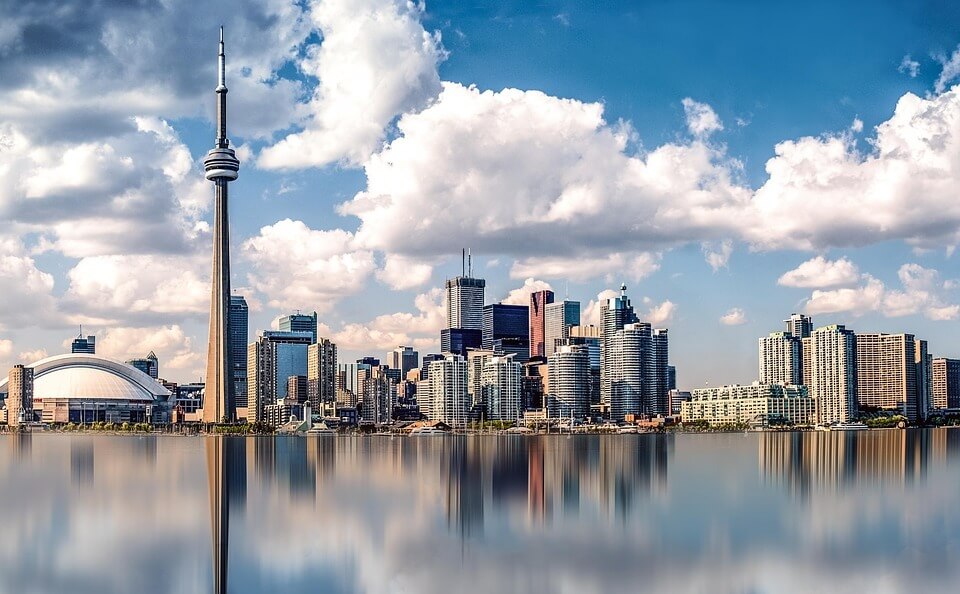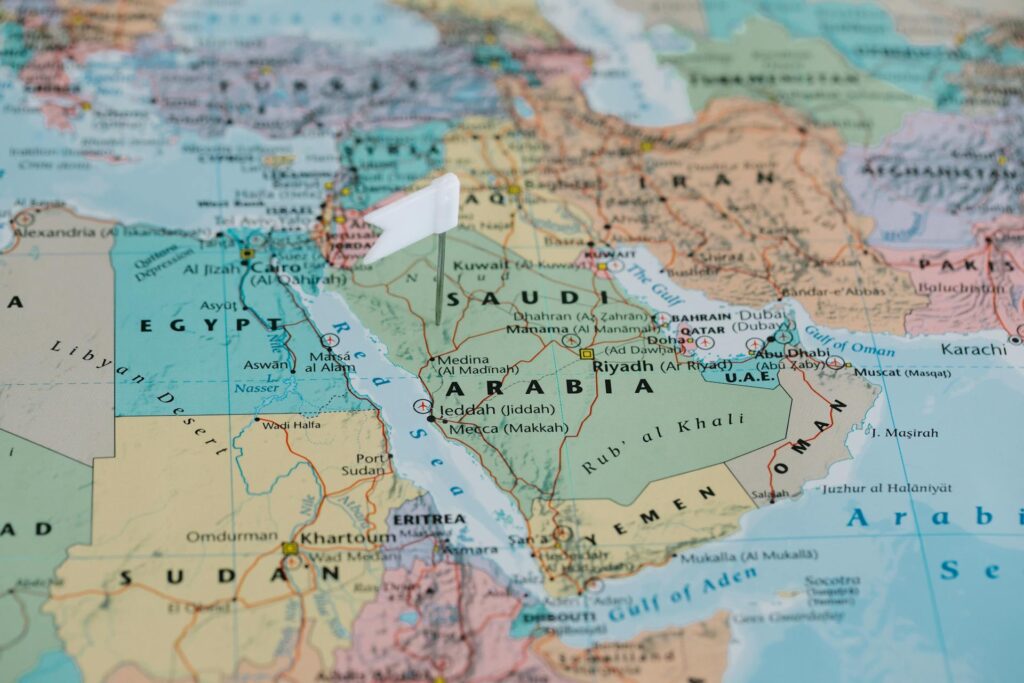Did you know that the cost of living in Ottawa is higher than in 75% of cities in Canada, and 71% of places in the world? However, if you are moving to Canada from the US and would like to live in the popular “O-Town,” your monthly expenses are going to be lower than 53% of cities in North America. On the other hand, if you move to the Canadian capital, you can expect a median household income that is higher than in Toronto, Vancouver or Montreal.


That being said, if you compare Ottawa’s living expenses to other capitals of the world, Buenos Aires, for example, the overall prices in O-Town are higher by 146%, according to Numbeo.com calculator. The same goes for the capital of Spain, Madrid, with a difference that is not so obvious – prices in O-Town are higher by about 24%. Still, if you compare monthly expenses with the UK capital, you’ll see that London is much more expensive than Canada’s capital. Only the groceries are slightly pricier than in London.
Also called “Silicon Valley North,” Ottawa is definitely not a cheap city to live in. But the real question here is what does Canada’s capital has to offer to justify the relatively higher everyday expenses and draw thousands of newcomers and foreigners every year? The incomes usually can keep up with prices, so rest assured that being an Ottawan doesn’t equal a modest lifestyle and making ends meet. Let’s take a closer look at the essential living expenses in O-Town so that you could balance your finances before you decide to pack your household and relocate across the border.
Why Should Silicon Valley North Be Your First Choice When It Comes to Living in Canada?
Recent studies showed that millennials prefer O-Town to larger cities like Toronto (Ontario’s provincial capital) and Vancouver. More than 5,000 millennials moved out of Toronto and 9,000 out of Montreal, between the summers of 2018 and 2019. In the same period, Ottawa had an influx of around 3,000 millennials. The main reasons lie in a couple of significant advantages related to the cost of living in Ottawa. First things first, affordable housing is the main driving force behind a lot of these migration flows. The second big reason is the job market – O-Town has the best performing employment market across the country.
Let’s get a more detailed insight into the prices of housing, entertainment, healthcare, and transportation to see why this metropolis is becoming the final destination of so many people from Canada and around the world alike.
Questions About Affordable Housing
When it comes to housing options, O-Town is far from being the most expensive metropolis. For example, Toronto takes the top spot with a rent of $1,800 for one-bedroom units, while Vancouver is the most costly place for two-bedroom apartments with the average monthly rent of $2,400. Compared to these two places, Silicon Valley North offers more affordable housing, with a monthly rent of $1,065 for a 480 sqft furnished studio in a reasonable area, according to the data provided by Expatistan. Besides, buying a single-family house will take up 45% of a typical household’s pre-tax income here.
According to the most recent news, Canada invests in affordable housing in O-Town thanks to substantial investments from the federal government. Owing to these investments, great job opportunities will arise, and the local economy is expected to grow in 2020.
A List of the Most Expensive Neighborhoods
When choosing a neighborhood to call home, keep in mind that each district has its specific features, and depending on the location you choose for your future residence, you should adjust the budget accordingly. If you are running on a tighter budget and want to save some money, these are some of the priciest districts in O-Town, where residential-detached property type prices go up to $730,000:
- Heritage Hills
- Hintonburg
- Centretown
- Civic Hospital
- Westboro
- Manor Park
- Old Ottawa East
- New Edinburgh
- Old Ottawa South
- The Glebe
Utilities, Food, and Entertainment Costs
Estimated monthly costs vary depending on whether you live alone or with a family. For example, a family of four is estimated to spend $4,032 a month, and if you live on your own, you’ll need about $2,157, based on Expatistan.com statistics. Expect to set aside $87 every month for essential utilities, and $39 more if you want to have an Internet connection.
When it comes to grocery prices, you’ll have to pay $4.95 for a pound of boneless chicken breast, $2.44 fo 12 large eggs, $2.52 for a pound of apples, and $2.01 for a loaf of bread. You’ll want to buy a nice piece of clothing from time to time, so expect to set aside $56 for a pair of jeans, $39 for a summer dress, and $78 for a pair of sports shoes.
But day-to-day expenses don’t include only utilities, groceries, and clothes. Enjoying all the amenities of the metropolis and its cultural life requires a constant and stable monthly income on your account.
If you are a gourmet and like to taste unique dishes and specialties, then going out to a restaurant is something that goes without saying. The same is true for occasional visits to cinemas and theaters, or going to the gym. Here’s how much you should add to your regular monthly costs if you don’t want to give up a comfortable life, according to Numbeo.com and Lowestrates.ca:
- Restaurant: about $100
- Miscellaneous entertainment: about $55
- Health and fitness: about $60
- Renters’ insurance: about $30
The amount you’ll set aside for health insurance, if you choose a private provider, depends on the policy you pick. However, an average household in the country spends around $4,000 on a private plan for the whole family.
How Transit Expenses Per Month Compare to US Cities Such as NY and Miami, FL
Thanks to Ottawa’s exceptional bus system, your vehicle might be an additional expense. You can easily reach the desired destination with a monthly bus pass, which is about $90. Of course, if you don’t want to give up the comfort of driving by car and plan on using overseas vehicle shipping services, know that the price of gasoline per gallon is $3.50.
Are you are curious about the transportation expenses compared to a US metropolis, such as New York or Miami? Luckily, it’s possible to compare prices and find out how much you can save by living in O-Town. Here’s the comparison between the Canadian capital, NYC, and Miami, according to Numbeo’s calculator:
- One-way ticket in NYC/MI/OTT: $2.75/$2.25/$2.65
- Monthly pass (regular price) in NYC/MI/OTT: $127/$112.50/$89.98
- Taxi start in NY/MI/OTT: $3.00/$2.95/$2.91
- Taxi 1km NY/MI/OTT: $1.82/$1.77/$1.34
- Taxi 1 hour waiting in NY/MI/OTT: $30.00/$24.00/$15.00
- Gasoline (1 liter) in NY/MI/OTT: $0.78/$0.70/$0.89


What Should Your Average Salary Be Based on the Cost of Living in Ottawa
According to the most recent StatsCan Census conducted in 2016, the median household income in Ottawa was around c$102,000, or $76,000, higher than Toronto, Montreal, and Vancouver, and second only to Calgary.
So, if you’re moving to O-Town, do some research, find a well-paid job in time, and be prepared for the upcoming days and living expenses. To help you out, we’ve compiled a list of the top-paying positions to consider:
- Software developer – $75,600+
- Salesforce developer – $83,100+
- Director of valuations – from $90,700 to $98,300
- Software product manager – $98,300+
- Corporate lawyer – $75,600+
- Senior IT security specialist – $83,100+
- Engineering project manager – $94,500+
- Aerospace engineer – from $60,500 to $75,600
- Computer Hardware Engineer – $75,600+
Prices in Other Cities in Canada
Are you interested in Canada’s other more prominent places, such as Vancouver or Toronto? If so, you’re not alone, since Vancouver is considered one of the most beautiful places in North America, but has the highest cost of living for expats. According to Mercer, Vancouver ranked 112 in the world, and it is the priciest in the region. And what about living in Toronto? Well, it ranked 115 as the second most expensive place in the country. What do statistics say about other places in the country, for example, Quebec City?
Ottawa vs. Quebec City and Toronto
Quebec City appears as one of the most popular and exciting options when it comes to low crime rates, and it is the safest metropolitan area to raise kids in Great White North. When it comes to consumer prices, Numbeo data shows that Quebec City is almost on par with the capital, but groceries are 16% higher. The rent is much higher in Ottawa than in Quebec City, but keep in mind that Ottawans’ purchasing power is higher, as well.
There is a different story when we compare the capital with the largest Canadian city, Toronto. Almost everything is cheaper in Ottawa than in the “Queen City,” especially rent and grocery prices, which are 30% and 20% lower, respectively.


The Bottom Line
So, if you’re planning to relocate to Canada’s capital, a reasonable cost of living and high wages should be more than enough to help you choose this metropolis over some other one. Add a great environment, young people, and a plethora of career opportunities, and you might have found a perfect place to turn over a new leaf. All that is left to do is choose reliable international moving services, pack your household possessions, and start from scratch in the capital of Great White North.









